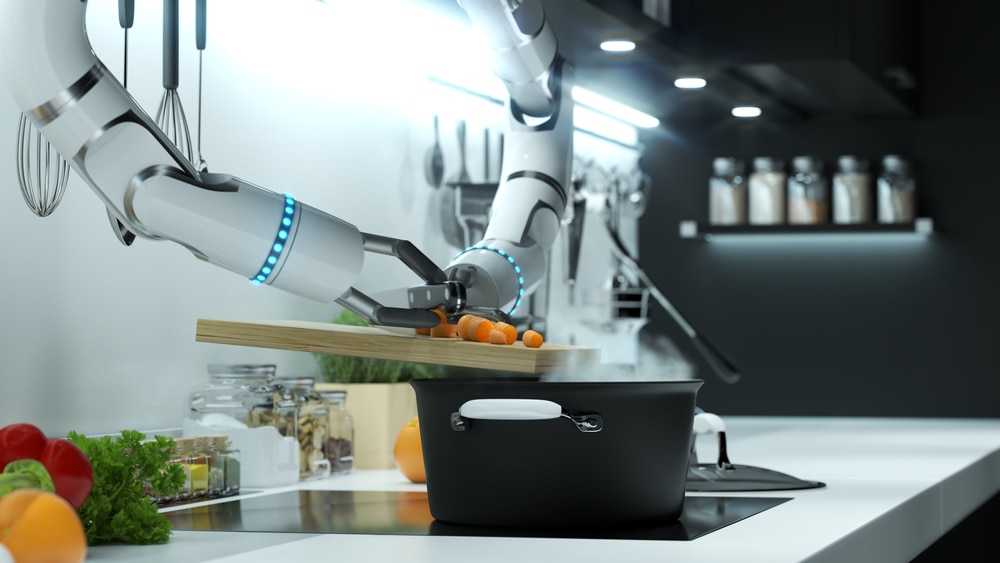MIT eliminates risk of collision with robots
Statistical method works in fractions of a second, according to the Massachusetts Institute of Technology.

Researchers at the Massachusetts Institute of Technology (MIT) have presented a mechanism for robots to prevent collisions. It is said to be absolutely safe and react within seconds. The method is so precise that it can distinguish movement sequences that differ by just millimetres. The developers have achieved this with a technique called "total sum of squares" and adapted it to effectively solve the problem of safety verification.
For kitchens and care
The new technology could prove particularly useful for robots that have to move quickly and avoid collisions at all costs, for example in a commercial kitchen where they prepare food together with humans. But the technology could also be useful for care robots that look after frail patients.
"With this work, we've shown that you can solve a difficult problem with conceptually simple means," says Alexandre Amice, an electrical engineering student whose development is supervised by Russ Tedrake, Professor of Electrical, Computer, Aerospace and Mechanical Engineering. "Sum-of-squares programming is a powerful algorithmic idea that can be used to solve some non-trivial problems."
Reaction to obstacles
Many existing methods that check whether the planned movement of a robot is collision-free do so by simulating the trajectory and checking every few seconds whether the robot hits anything. However, these static safety checks cannot determine whether an obstacle appears on the calculated path during its movement. The new method, on the other hand, constantly updates the course, taking into account any new obstacles that appear.
Source: MIT









